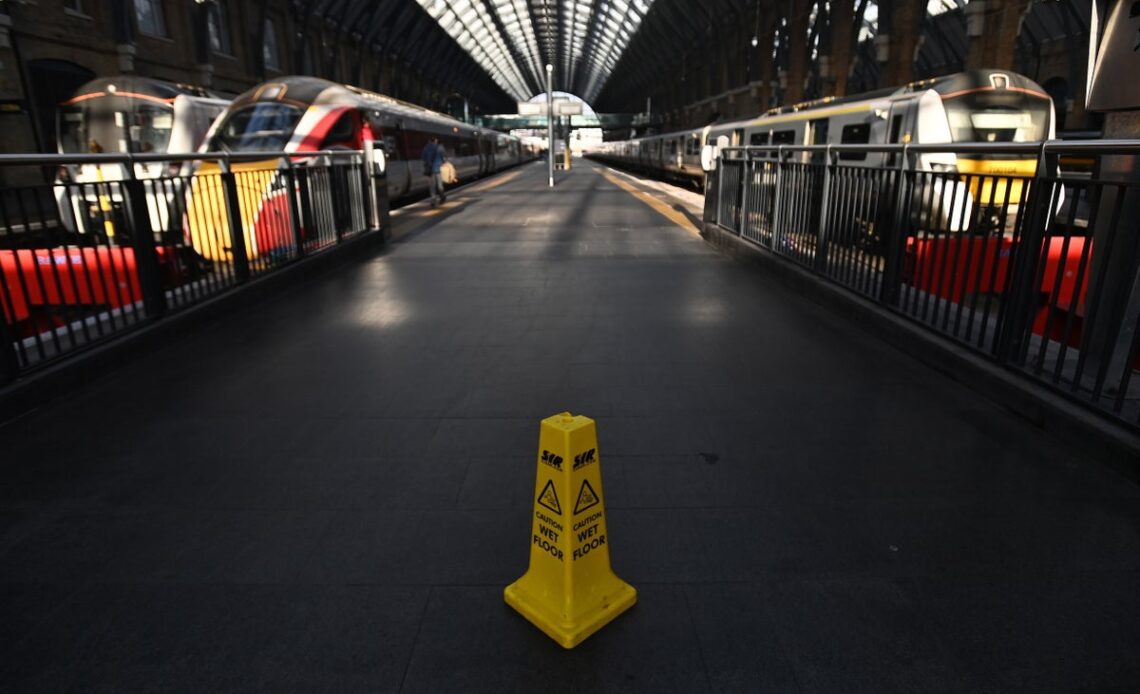Simon Calder, also known as The Man Who Pays His Way, has been writing about travel for The Independent since 1994. After 28 long years in the wilderness, finally this week he gratefully picked up the travel prize in the British Journalism Awards; better late than never. In his weekly opinion column, Simon explores a key travel issue – and what it means for you.
Imagine a business that, in the course of three years, has lost one in five of its customers. Revenue has shrunk even further, to just 71 per cent of where it was in 2019. That translates to taking £10m less per day than in 2019.
It gets worse. Three different bosses in seven weeks. A pricing policy so irrational and riddled with anomalies that an increasing number of customers make two or more purchases to obtain a single product, typically saving 40 per cent. And bewilderingly ridiculous working arrangements for staff. In one unit of this organisation, the terms of employment depends on which side of a range of hills your job happens to be based. It is a seven-day-a-week operation, and the staff in the east could be rostered on any day. Yet those on the western side can work Sundays only when they feel like earning some overtime.
This is an organisation that clearly needs to be closed down permanently or reconstructed from the ground up, with far lower costs, greater flexibility, sane pricing and fresh ideas. Yet to the contrary, the service is sliding downhill with toxic industrial relations and an apparent death wish: the company is recommending prospective customers to avoid it for much of the time in the next three weeks.
As you realise, I am describing the railways of Britain in the dying days of a chaotic year.
Those passenger and revenue figures (released this week for July to September 2022) spell out the scale of the slump since the coronavirus pandemic.
Mark Harper took over as transport secretary from Anne-Marie Trevelyan who replaced Grant Shapps, himself sacked by Liz Truss for supporting Rishi Sunak’s campaign for leadership.
While you can point to a fragmented industry involving dozens of individual enterprises, many privately owned, the reality is that His Majesty’s secretary of state for transport calls the shots. Some train operators are in the private sector and effectively pick up fees for running services as stipulated by the Department for…
Click Here to Read the Full Original Article at The Independent Travel…
